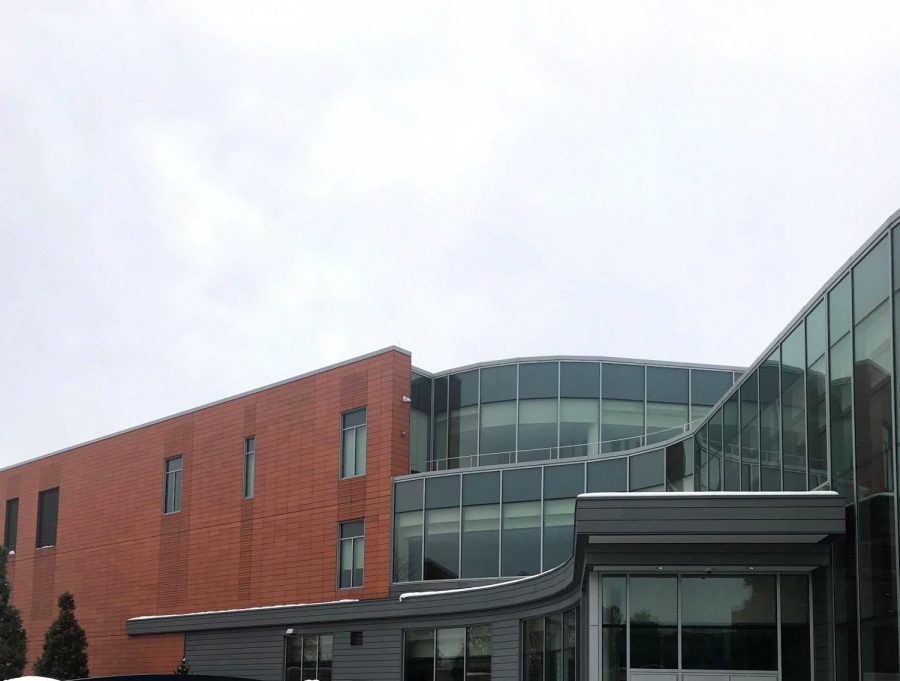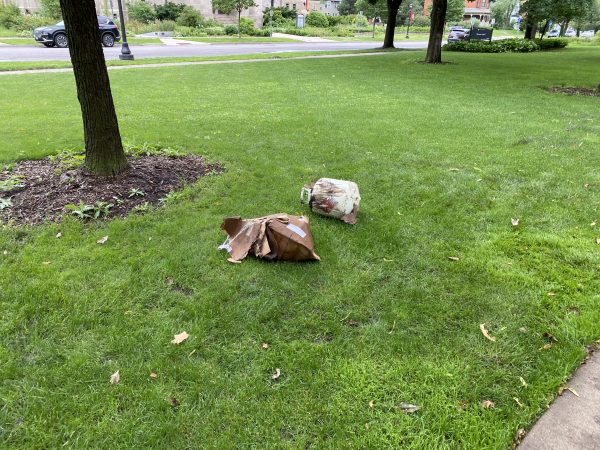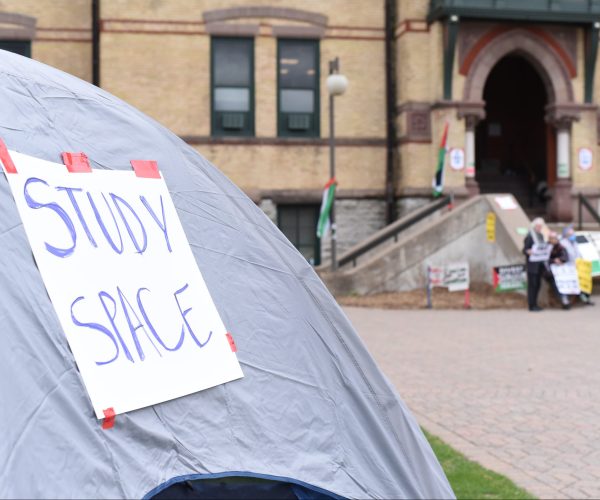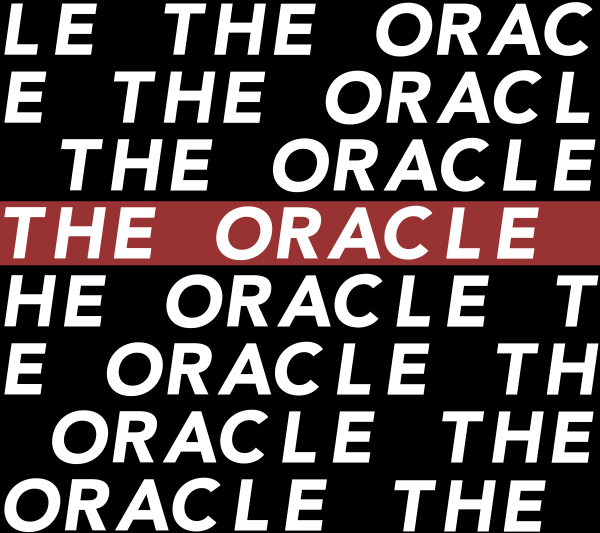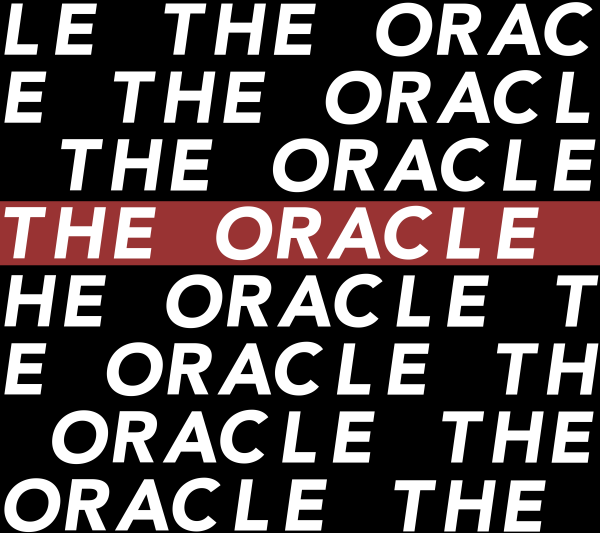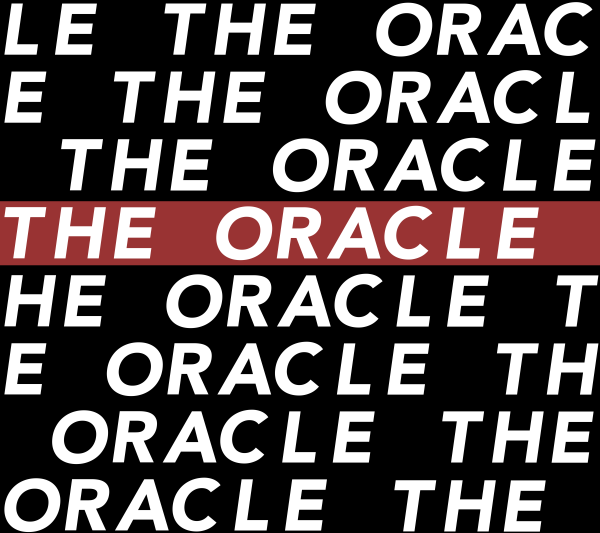Hamline sits out on liberal arts alliance
A new alliance to address equity in liberal arts institutions was founded this November.
November 25, 2020
Liberal Arts institutions, such as Hamline, occupy just shy of 15.5 percent of all colleges and universities in the United States. For them, a new alliance was born to form a community of sharing and collaboration towards issues of racial equity and inclusion on campuses. The Liberal Arts College Racial Equity Leadership Alliance (LACRELA) has begun, and it includes 51 institutions.
It was founded by six liberal arts institutions: Macalester University, DePauw University, Oberlin College, Occidental College, Pomona College and Skidmore College.
The LACRELA offers faculty and staff of membership institutions resources related to antiracism, diversity and equity. For $18,000 a year, institutions get access to research, surveys and virtual programming, all of which is provided by the University of Southern California’s Race and Equity Center.
As of now, Hamline is not a part of this alliance. President Fayneese Miller provided a few reasons as to why she did not join, which include overlap of resources and the financial factor.
“For $18,000 you get access to case studies, you get information about how you communicate issues around race and you get research findings. We have an associate vice president for inclusive excellence who in essence provides us with case studies, identifies things we might need to read, does surveys, oversees our DISC committee for the university, is involved with racial transformation stuff on our campus,” Miller said. “In essence, we have an in-house person who is providing the services that this organization is providing for those institutions. So I saw it as a duplication and also not an acknowledgement of the good work that David Everett is doing and the fact that he has a national reputation in this area.”
Dr. David Everett began at Hamline in August of 2018 as Hamline’s first Associate Vice President of Inclusive Excellence. Everett works with the Hamline community of students, faculty and staff in furthering to encourage and cultivate a space of equity and inclusion.
“I think from a general standpoint, when it comes to those types of initiatives, each university while choosing to sign on and be a part of it, in some way, shape or form has to understand and be able to craft how that is going to be able to work in its institution, in its culture, its framework and larger body,” Everett said.
The formation of a racial equity leadership alliance for community colleges in California by USC in June gave rise to the idea for the LACRELA. This alliance’s forming was announced Nov. 11, 2020.
“I did not see the need to be a part of something when we are already in this space and have been in this space prior to the murder of George Floyd,” Miller said. “When you look at when this organization came up, it was after the murder of Geogre Floyd. We were doing this work prior to that.”
As for Hamline, both Miller and Everett touched on a focus of how Hamline has room for improvement when it comes to diversity and inclusion related to hiring. Everett also mentioned continued attention to the retention of students and staff and the classroom aspect of who is succeeding, engaged and how the content relates and reflects.
“I think it is absolutely necessary that all of our institutions, including Hamline, work to become more inclusive, more equitable, understand what the issues are, understand the systemic racism, the classism, the homophobia, all of those issues that exist that negatively impact our ability to educate at the level that we need to,” Miller said. “So if we understand these issues and we understand how these issues are often in place to hold people back, then we understand why as an institution, why our students understand the issues and when they leave us they will continue to combat these issues. I think it is really you cannot talk about being a social justice institution without talking about being an inclusive institution.”
President Miller, who started at Hamline in July of 2015, also added from her own perspective offering more reasoning behind her decision not to join at this time.
“I don’t want to be negative about the alliance, but I am more concerned about action rather than putting our name on a list. So if that organization will give us something very different than what David Everett and our DISC committee will do, then I am all in favor of it. But I have to know that that committee is going to give us something more before I invest $18,000 a year into that endeavor,” Miller said. “To me, $18,000 is tuition and scholarship money. I think like that first. And other institutions might not, but as a woman and a woman of color who herself was first generation, these are things that I think about within this space. So I want to see action. I want to see all of our campuses put things in place on our campus that help move the needle in the way which we need to move it.”

